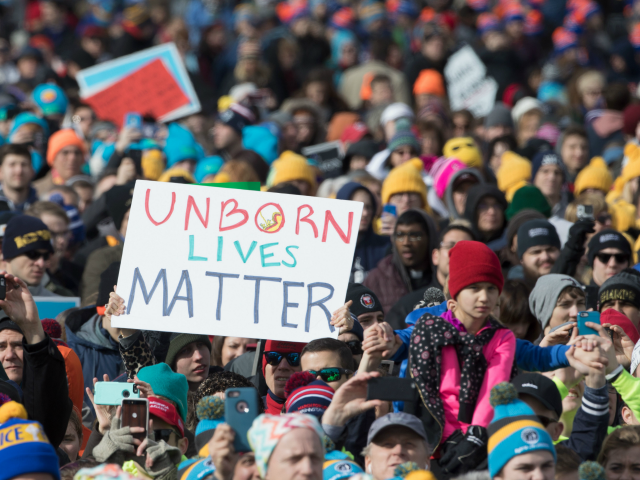The U.S. Supreme Court will hear oral arguments challenging California’s law requiring Christian pregnancy clinics to provide mandatory disclosure of abortion options on Tuesday, March 20.
In 2015, California Democrats passed the “Reproductive Freedom, Accountability, Comprehensive Care, and Transparency Act,” which forces doctors and counselors at dozens of Christian pregnancy crisis clinics to inform clients about abortion services that are available elsewhere as an alternative.
The clinics argue that the so-called “equal option” violates the protections set forth in the U.S. Constitution’s First Amendment, as applied to the states by the Fourteenth Amendment.
California’s Attorney General Xavier Becerra claims that there are no free-speech protections that are violated by regulations ensuring that basic health information is provided to all women through the “Reproductive FACT Act.”
Becerra also claims that nonprofit organizations, often affiliated with Christian groups opposed to abortion, have been providing women with inaccurate and misleading information, while masquerading as full-service reproductive health clinics.
California’s Attorney General and local government lawyers can sue non-compliant facilities under the law to extract $500 fines for first offenses, and $1,000 in follow-on fines.
The centers claim the law only requires those opposing abortion to post messages about alternative options. They argue the disclosures are so broad and onerous “that it is difficult, if not impossible, for unlicensed centers to advocate their own pro-life message in most media.” The centers are also forced to “begin their expressive relationship with an immediate unwanted or negative message that crowds out and confuses their intended message.”
The U.S. District Court ruled against the centers, and the Ninth Circuit U.S. Court of Appeals affirmed the decision, but the U.S. Supreme Court took the appeal.
The Alliance Defending Freedom (ADF) network of 3,200 faith-based attorneys is now representing the Christian centers. ADF is also handling the Masterpiece Cakeshop v. Colorado Civil Rights Commission case, in which a Colorado Christian baker is resisting being forced to create custom cakes for same-sex weddings; and the Zubik v. Burwell challenge by religious nonprofits to Obamacare’s supposed birth-control “work-arounds.”
ADF’s Jan. 17 brief argues: “Licensed clinics have a strong interest in refraining from speech that advertises third-party services they find morally repugnant.” It adds: “California has not substantiated any particularized interest in having licensed clinics themselves disseminate the notice.”
The U.S. Department of Justice filed a “friend of the court” amicus brief at the Supreme Court, urging the justices to overturn the California law. But the DOJ did agree that California may have a “state interest” in requiring unlicensed centers to disclose “uncontroversial information” that its staff are not licensed medical professionals.

COMMENTS
Please let us know if you're having issues with commenting.